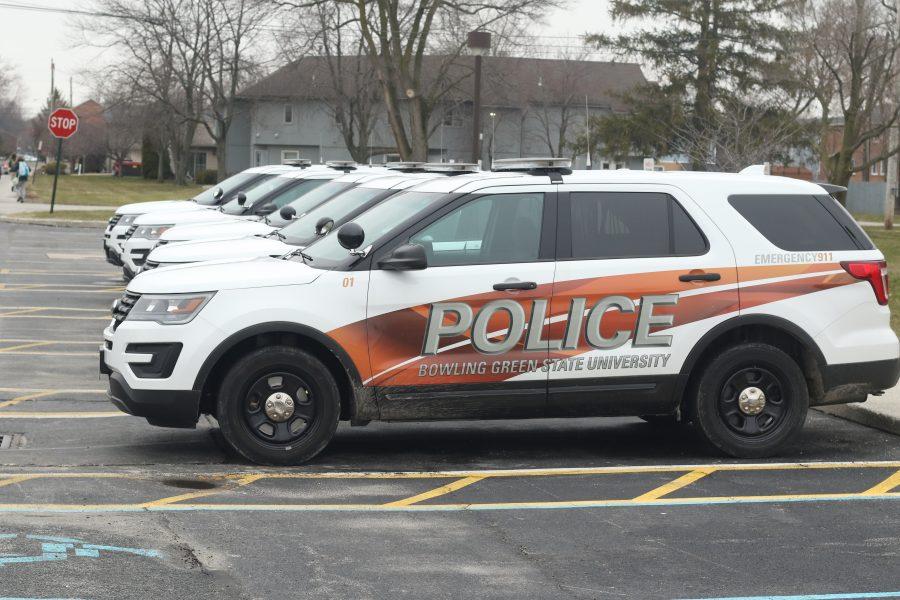The University is determining how to fill a potential $14 million gap left by federal stimulus dollars.
The state took away 15 percent of its usual funding for 2010-2011 and gave the University approximately $25 million in federal stimulus dollars instead, said Sheri Stoll, chief financial officer.
This one-time gift might have temporarily balanced the budget, but Stoll doesn’t expect the state to keep giving that gift when it unveils the 2012-2013 budget in February.
“We’re certainly not going to sit and wait until that time to figure out how to respond,” Stoll said. “We have to begin now. We’ve already begun discussions at the cabinet level.”
While the University prepares for a 15 percent shortfall as a realistic best-case scenario, the state has done relatively no planning, said State Rep. Randy Gardner (R) from Bowling Green.
He said the state created a budget commission of three Republicans and three Democrats to examine higher education funding, but the group hasn’t even met yet.
“A lot of the state budget has been balanced with this so-called free federal money,” Gardner said. “If the federal money isn’t replaced or other decisions aren’t made … there are certainly going to be some very difficult decisions ahead.”
Though Ohio is not as bad off as Michigan, New Jersey or California, Gardner said because the state decided to inject more than $700 million of its stimulus into higher education, schools will have to tackle big decisions in the next two years.
At this point, it’s likely programs, functions or entire areas will have to be cut to make up the funding shortfall, Stoll said. Deans and cabinet members are determining what things they can do less of or what they can do without.
“We’re to the point where [cuts] would probably have to be more significant,” she said.
Generating revenue through retention efforts is another way to fill the gap.
Stoll said the impact to State Share of Instruction, which makes up 30 percent of the University’s funding, could be significant if more students already here find reasons to stay and pay tuition, funding the other 70 percent of University operations.
“We have to find good ways to help students who are already here … find a meaningful way to connect with the institution,” she said.
Connecting the Undergraduate Experience, or CUE, is the 22-member faculty ad hoc committee looking at how the University can keep students through graduation. More than 300 faculty, staff and students attended the four open forums to voice opinions on getting students involved beyond the classroom.
“We’re trying to make a small college experience at a big college campus,” said Catherine Cardwell, interim vice provost for academic programs. “The one thing that really stood out is that people were really receptive.”
She said the University is trying to make the student experience more intentional by encouraging involvement in relevant organizations and by molding general education courses around what students really need to learn for their career paths. Curriculum changes couldn’t take effect until 2012, but Cardwell said CUE would be releasing another report in the next couple weeks with updated findings.
Stoll is “cautiously optimistic” the 73 percent retention rate will increase and the economy will turn around by 2011. But she has to think realistically.
“I think my greatest hope would be that the state’s economy has begun to recover and rebound,” Stoll said. “Realistically, I’m not going to be surprised if what we end up without would be the federal stimulus portion of our funding.”
Federal stimulus money received:
$12 million in fiscal year 2010
$13 million in fiscal year 2011
Expected shortfall for 2012:
$12-14 million
Source: Sheri Stoll, chief financial officer





















